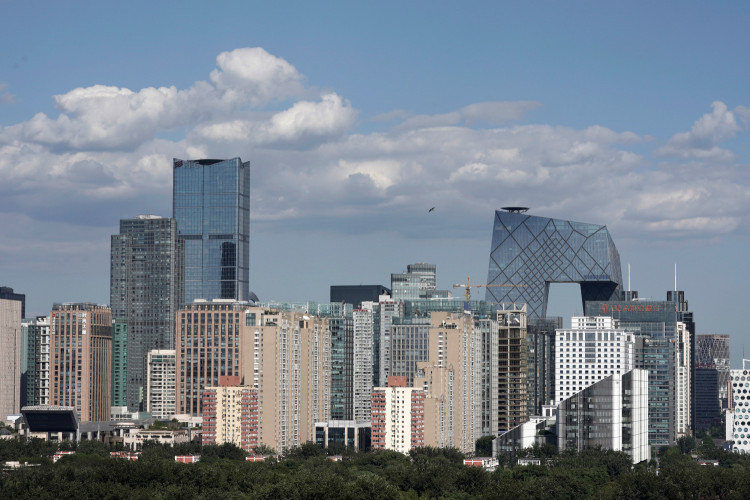The escalating China-US trade war and other financial downturn happening across emerging markets, like Turkey and Argentina, will have a small impact on China's overall economy. In fact, China remains the most attractive among emerging markets for investors. This is according to Catherine Cai, chairman of UBS's Greater China investment banking department.
The impact of the tariffs will be extremely minimal because the Chinese government is ready with alternative schemes, Cai told CNBC during the World Economic Forum's 12th Annual Meeting of the New Champions held in Tianjin China from Sept. 18 to 20. This year's team is Shaping Innovative Societies in the Fourth Industrial Revolution.
Cai explained that while the China-US trade conflict is not showing any signs of easing in the immediate future, China's government has implemented important proactive policy. For one, Beijing has relaxed its monetary policy and requires its central bank to open more credit to beef up the country's domestic market.
Cai's thoughts were echoed by other panelists in the forum. Wang Tuanwei, chief financial officer and vice president of China Minsheng Investment Group, said the trade conflict is an opportunity for Beijing to reduce its reliance on exports to drive its economic growth. China can maximize its large population to boost investment growth in its rural areas.
Jing Ulrich, managing director and vice-chairman for Asia-Pacific at JP Morgan Chase and Co., said while trade is currently unstable, China can explore other sectors that it can open foreign investments, like securities and insurance. These channels can help Beijing mobilize its massive savings by encouraging its people to spend rather than save.
In her interview with CNBC, Cai highlighted that investors are more worried about the global effect of the ongoing trade conflict. Of particular concern, she said, is the impact of the trade tensions on the global supply chain.
Cai stressed China is well-prepared with its domestic strategy and has considered measures against the worst scenario. The main question now is whether the U.S. government has similar preparedness because its resiliency or weakness will have an impact globally, Cai said.
Aru Sundararajan, a professor of business at the Stern School of Business at the New York University, said China's trade with the European Union and other foreign partners will be prominent as the China-US trade war lingers. Sundararajan said China may soon be known as the philosophical leader of multilateralism in trade.
Lutfey Siddiqi, visiting professor-in-practice at the London School of Economics, said ASEAN countries that found itself in a pincer between the United States and China may decide to improve the alignment of their trade with Beijing.
Still, Cai underscored that the best solution would be for the Trump administration and the Chinese government to discuss and negotiate cordially together.






